Lately I’ve been spending quite a bit of time thinking about older games that I loved, games that have had a huge influence on me as a game designer. Here are three of them, though are there are many more.
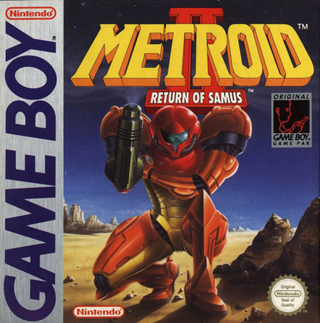
The influence of Metroid II on my work is easy to see – just take a look at Phenomenon 32. Some people seem to consider it an inferior entry in the Metroid series, but it’s my favourite of the ones I’ve played. I don’t think any game has ever given me such a strong sense of place: with the creepy music, the colourless and very alien Gameboy graphics, and the vast planet of SR388 to explore, playing Metroid II was one of the most immersive gaming experiences I’ve ever had. And it manages to tell a story – even ending on a wonderful note of grace – without a single cutscene.
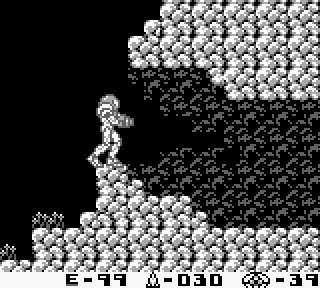
Something I noticed pretty early on is that instead of fighting against the Gameboy’s limitations, Metroid II uses them to its advantage. That’s a principle that I very much believe in – use what you’ve got and play to your strengths. After all, 20 years after it was first released, playing Metroid II is still awesome.
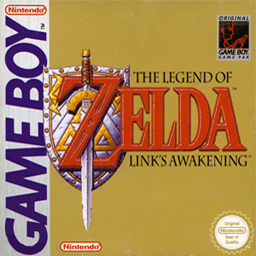
Another game that had a huge influence on me was Zelda: Link’s Awakening. It too felt like a real place. Exploration wasn’t artificially limited by levels. You could fish, and dig, and cut grass. Curiosity was rewarded. There were secrets to discover. And there was a story that, for all its simplicity, was touching and thought-provoking.
That sense of freedom and adventure when you started exploring the world outside the village… very few games have managed to recapture that for me (Gothic was one). It’s odd, but in a sense, with the rise of 3D a lot of games have become flattened out. In Link’s Awakening, spatial relationships seemed to matter a lot more than they do in most modern games.
The game also had a pleasant solidity to it, unlike the otherwise quite impressive Mystic Quest (“I’ve had it with this motherfucking dodo by this motherfucking palm tree!”). Things worked the way you expected them to and you couldn’t get permanently stuck.

Unlike Metroid II, Link’s Awakening had no way of taking advantage of its graphical limitations, but it managed to do a great deal in spite of them.
And yeah, I can still hum the Wind Fish song.
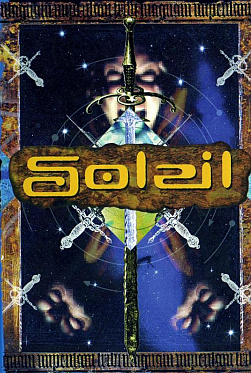
I think some people thought that Soleil, also known as Crusader of Centy, was just a Zelda clone. I can even see why they might have thought that: the graphics and gameplay, apart from a couple of original mechanics (the animal companions that give you special powers) seem pretty similar. But Soleil is a game that was way ahead of its time, because as its story unfolds, it transforms from a silly cartoony thing about talking animals into a truly thoughtful game that deeply questions its own premises. There are moments in it that are nothing short of heartbreaking, and the time-travel mechanism that juxtaposes the past with the present allows us to feel the weight and sadness of history in a very affecting way.
More than any other game that I’d played (and few have come close since), Soleil was a game that was about something.
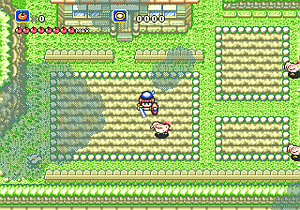
I cannot understate the influence of Soleil on my thinking. It reminded me to have compassion, to question what I’m told, and gave me a perspective of history that can still be felt in some of my work. (In fact, I’ve recently realized that this historical element is central to many of the stories that were important to me – from the Foundation books to Belgarath the Sorcerer to this game. No wonder that history is what the novel I’m writing is all about.)
Soleil is a gorgeous game, with fun mechanics, a big world to explore, and a story that is so much more than it appears. It showed me what games could be, and it still stands as an example of what I want to achieve.
***
It was a rich time for games, wasn’t it? I’m not one of those unfortunates who are always idolizing the past and dismissing the present (as my last Escapist article should prove), but it does feel like that was a special time, when the industry was slightly less driven by greed, and there was a stronger desire to produce polished games. Perhaps when all this becomes mythologized, the late 1980s/early 1990s will be remembered as the Time Before Patches.
Who knows. All that I can say is that I loved these games, and still do.
